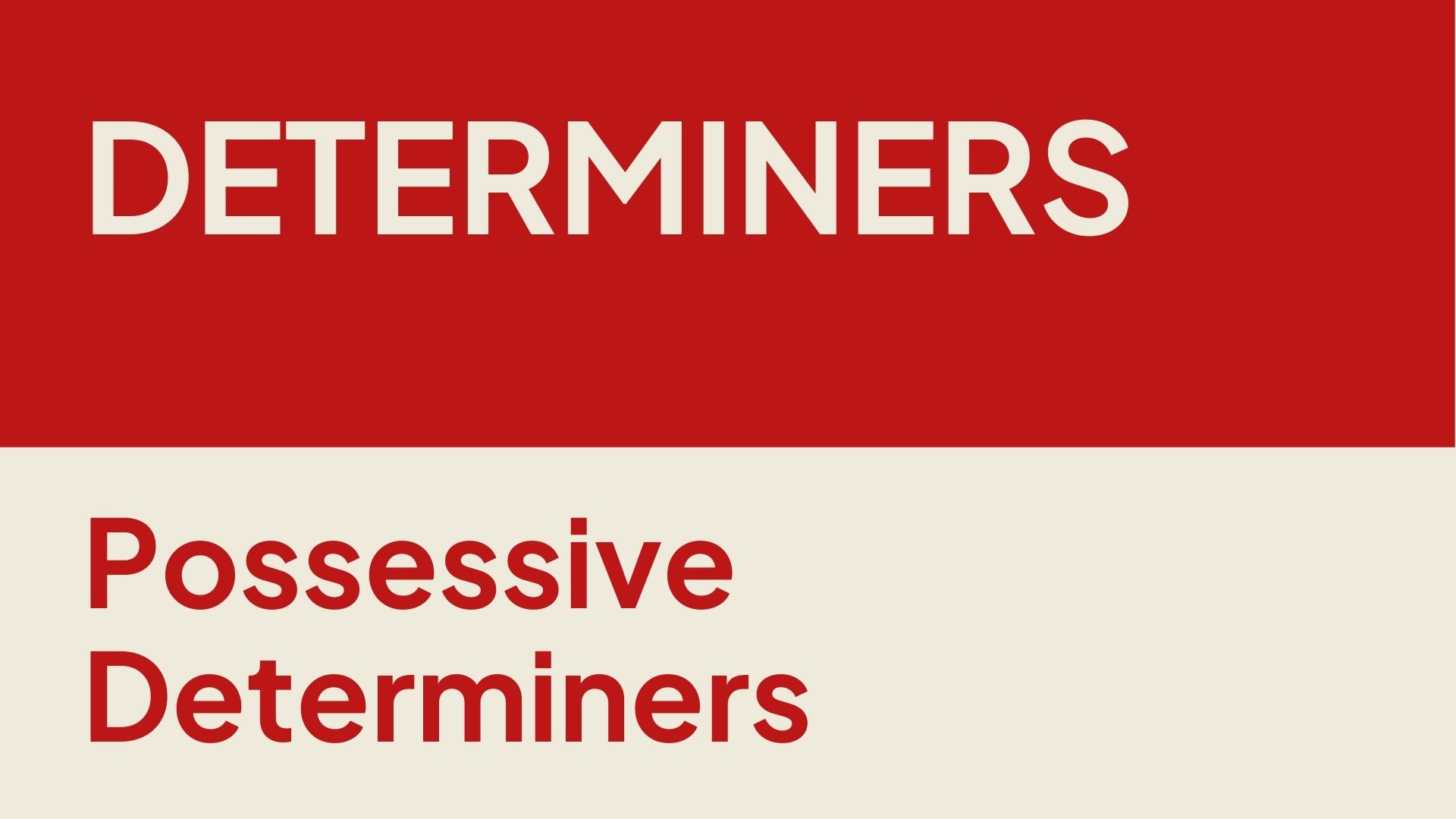
Learning Material |
|---|
There are 9 parts of speech or word classes in English language:
– nouns
– pronouns
– determiners
– verbs
– prepositions
– adjectives
– adverbs
– conjunctions
– interjections
Nouns are a group of words that we use to name:
– people: man, woman, teacher, John, Mary
– animals: cat, rabbit, horse, elephant
– plants: palm tree, coconut trees, grass, wheat, corn
– places: home, office, town, village, England
– concrete objects: chair, table, ball, water, money, sugar
– abstract objects: truth, lies, happiness, sorrow, time, friendship
Determiners, prepositions and adjectives are related to the use of nouns.
– Determiners specify a limit to nouns.
I saw a cat.
‘A’ is a determiner.
‘Cat’ is a noun.
– Prepositions specify relations between two nouns.
The cat is under the bed.
‘Under’ is a preposition.
‘The cat’ and ‘the bed’ are nouns.
– Adjectives specify the condition, characteristic, emotion of nouns.
James is sick.
‘James’ is a noun.
‘Sick’ is an adjective.
James is happy.
‘Happy’ is an adjective.
We use determiners in front of nouns or noun phrases.
a cat
the cat
that person
two American citizens
all books
some information
We use possessive determiners to express:
– ownership
This is my book.
– relationship between people
Her mother is a doctor.
– part of someone/something
She’s washing her hair.
Possessive determiners:
I -> my
you -> your
we -> our
they -> their
he -> his
she -> her
it -> its
We can use possessive determiners with singular countable nouns.
– my book
– your father
– our neighbor
– their house
– his car
– her cat
– its tail
We can use possessive determiners with plural countable nouns.
– my books
– your brothers
– our neighbors
– their houses
– his cars
– her cats
– its paws
We can use possessive determiners with uncountable nouns.
– my money
– your tea
– our advice
– their equipment
– his coffee
– her information
– its food
A possessive determiner cannot stand on its own. It must be followed by a noun or noun phrase.
– This is my book.
– This is my. (wrong)
A possessive determiner cannot be used simultaneously with articles (a/an/the).
– This is my book.
– This is a my book. (wrong)
– This is my a book. (wrong)
– This is the my book. (wrong)
– This is my the book. (wrong)
Multiple-Choice Quiz |
|---|

Time's up